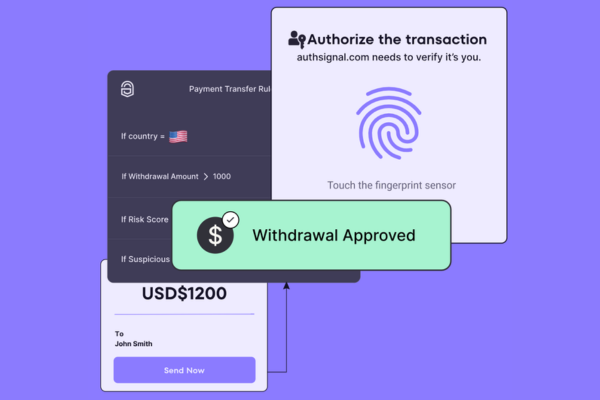As a company providing authentication services for some of New Zealand’s iconic companies, Authsignal had just one specification for its Managed Detection and Response partner: be the best. That’s why it chose Advantage and SentinelOne for a proven team delivering a market leading solution in this crucial discipline. As a result, Authsignal provides its solutions with confidence to companies in industries including financial services, marketplaces, contact centres, and more.
Situation
Having tried the rest, Soong says Authsignal was ready to try the best. “As a company providing security-related services ourselves, our value proposition is built using the strengths and technologies of suppliers where necessary and appropriate,” he says. “With a laser-focus on what we do well – convenient next generation multifactor authentication – we need partners and solutions that can allow us to focus on our core expertise.”
“It’s obviously crucial that we should be unimpeachably secure in everything we do. After all, that’s what our value proposition rests on.”
Having scoured the market for an appropriate MDR partner, he says both SentinelOne and Advantage rose to the top. “Basically, we look to Gartner and other analysts for vendor recommendations, and SentinelOne has been a leader in the Magic Quadrant for three years straight.”
And Advantage, he says, was on Authsignal’s radar thanks to factors including being named SentinelOne APJ Partner of the Year. “Across all Asia Pacific and Japan? That’s the sort of ‘best’ we like working with.”
A further endorsement, he adds, is Advantage’s status as the only SIREN-certified Incident Response Partner in New Zealand. “That’s an assurance that if there is an incident, it’s Advantage you want in your corner.”
